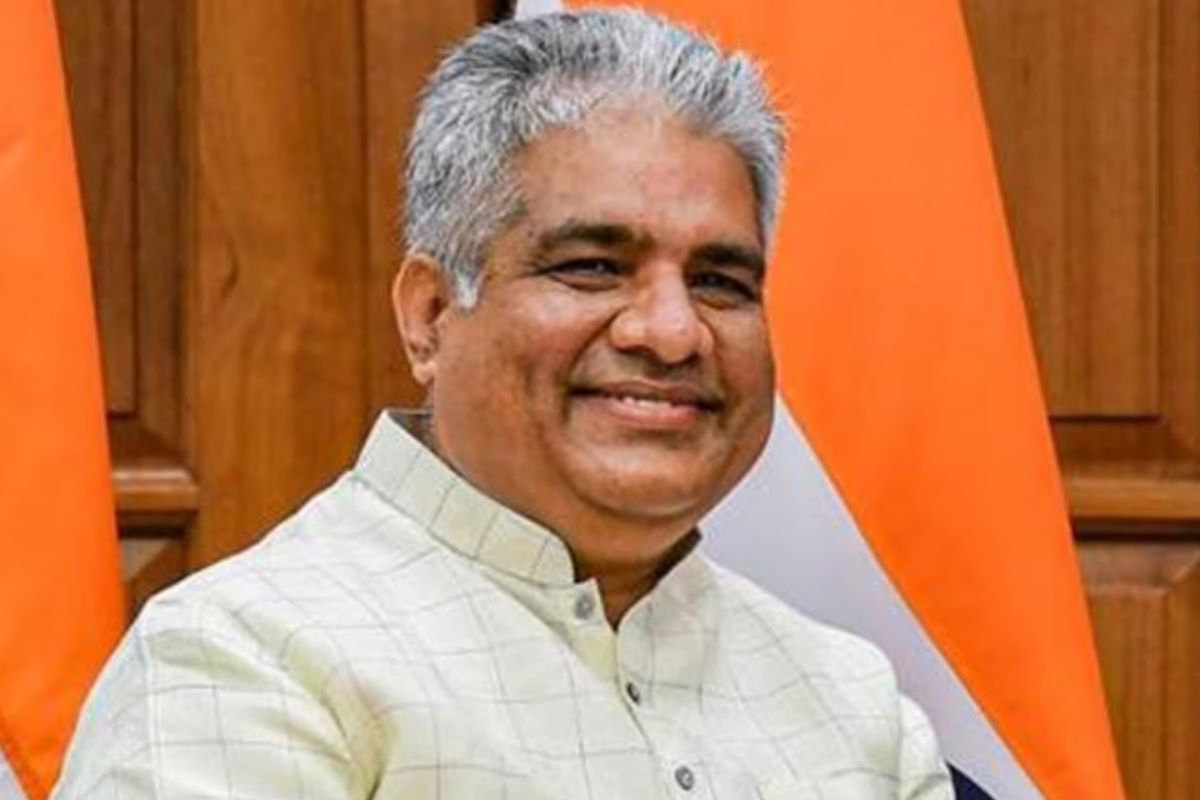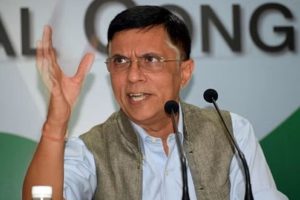Union Environment Minister Bhupender Yadav has extended the deadline for idea submission in Ideas4LiFE from 15 September to 15 October.
“Developed economies should also embrace developed ecologies. We must all cultivate a strong environmental consciousness as responsible citizens,” he said at a function in Mumbai while emphasising the need for economic and ecological fronts.
Advertisement
The Ministry, in collaboration with the Maharashtra Environment Department, on Sunday, organised ‘Ideas4LiFE at IIT Bombay to inspire innovative environmental solutions. The event is an initiative to engage students, faculty, and researchers in generating ideas that promote an eco-friendly lifestyle.
The event seeks to engage the academic community in Mumbai and beyond, inviting participation from students and faculty of UGC, AICTE, IITs, and other educational institutions throughout India. The programme was actively attended by 1200 students, research scholars, and faculty from various educational institutions in Mumbai.
Mr Yadav outlined the government’s mission and explained the theme of “Ideas4LiFE,” emphasising the interconnectedness of all aspects of life. He stressed that ‘life’ encompasses more than just human needs, advocating for the harmonious co-existence of all living beings and the environment.
He underlined that a human-centric approach to development is insufficient, advocating instead for an ecologically conscious model. He highlighted the adverse effects of development, such as rising temperatures and biodiversity loss, underscoring the essential role of nature in providing food, energy, medicine, and other resources. He underscored the importance of preserving one-third of the Earth for biodiversity, noting that around 50,000 species are used for human consumption.
He also outlined three essential actions for sustainable development: changing consumption demands, improving supply systems, and implementing effective policies.
Highlighting India’s environmental accomplishments, Mr Yadav noted that the government achieved its renewable energy targets nine years ahead of schedule and launched the Soil Health Card initiative to minimize chemical use in agriculture.
He also discussed the global food waste problem, highlighting that 15 billion tonnes end up in landfills annually. He called for education, innovation, and technological advancements to be focused on improving and preserving nature. He concluded by inviting ideas and suggestions from the students from various colleges, urging them to contribute to preserving nature and reducing waste, which would ultimately help integrate ecological balance into development strategies.











